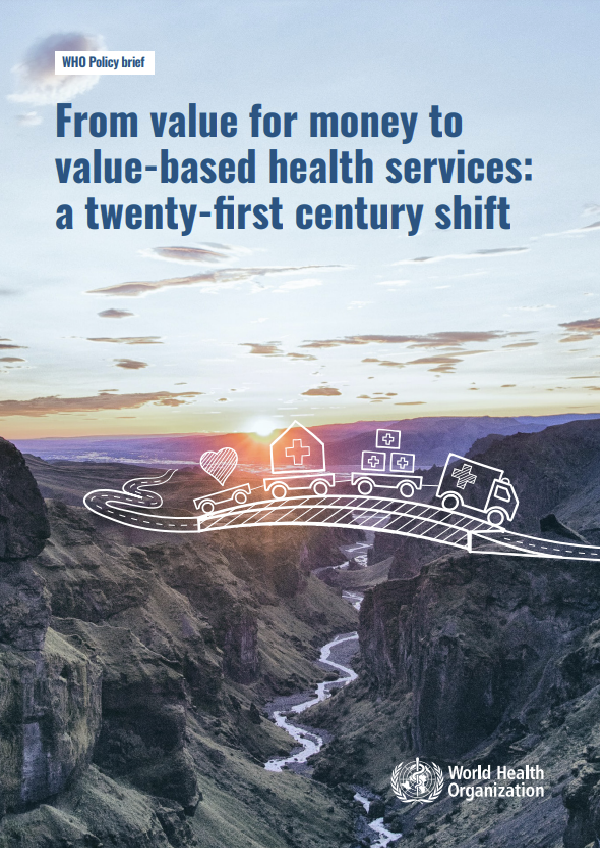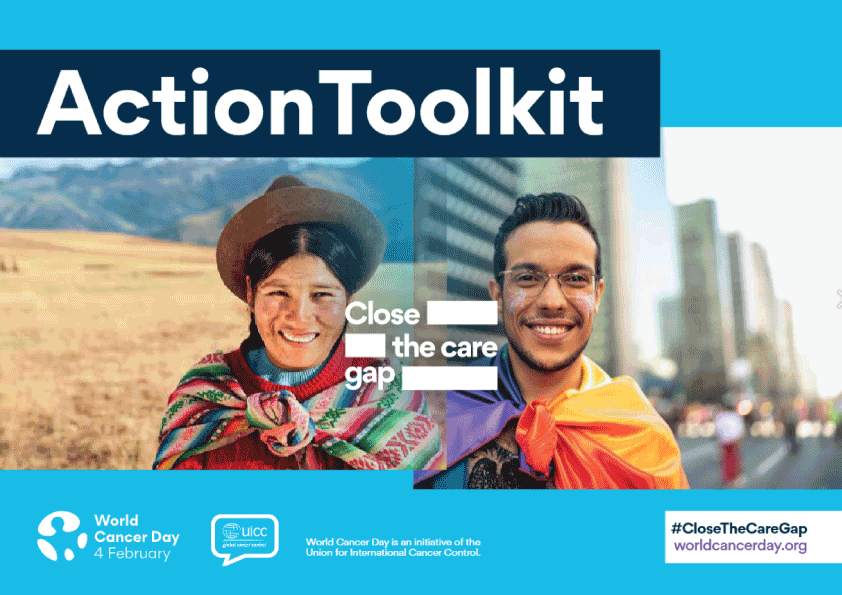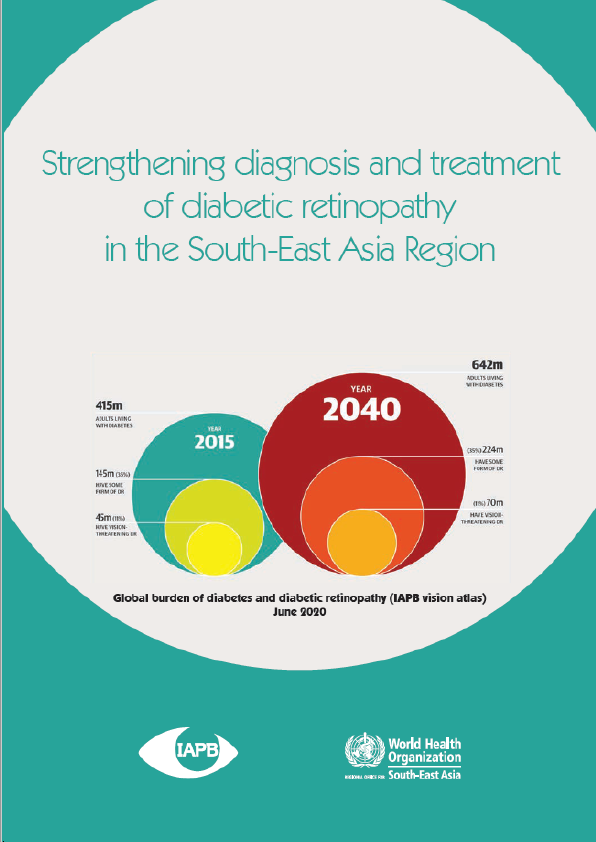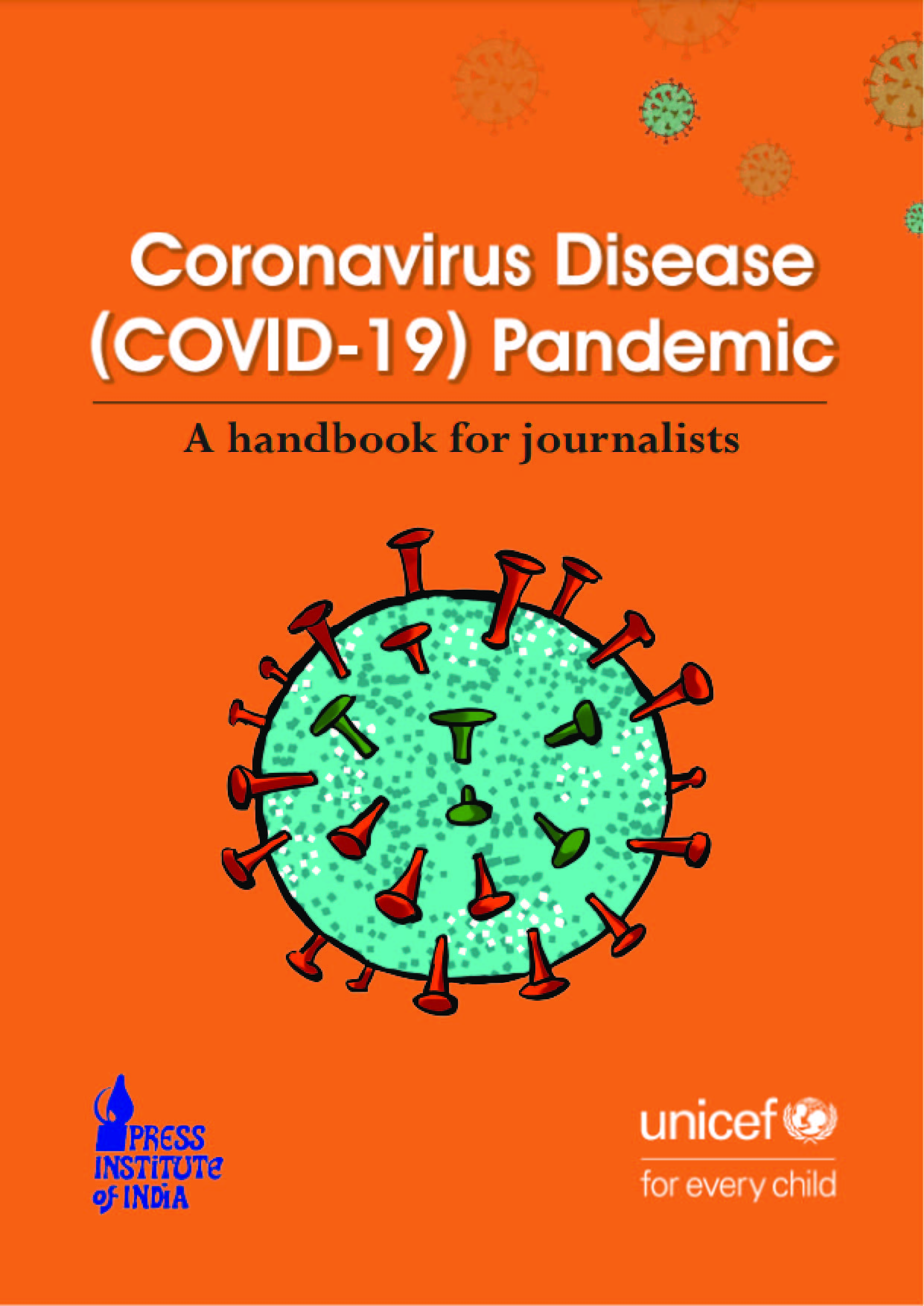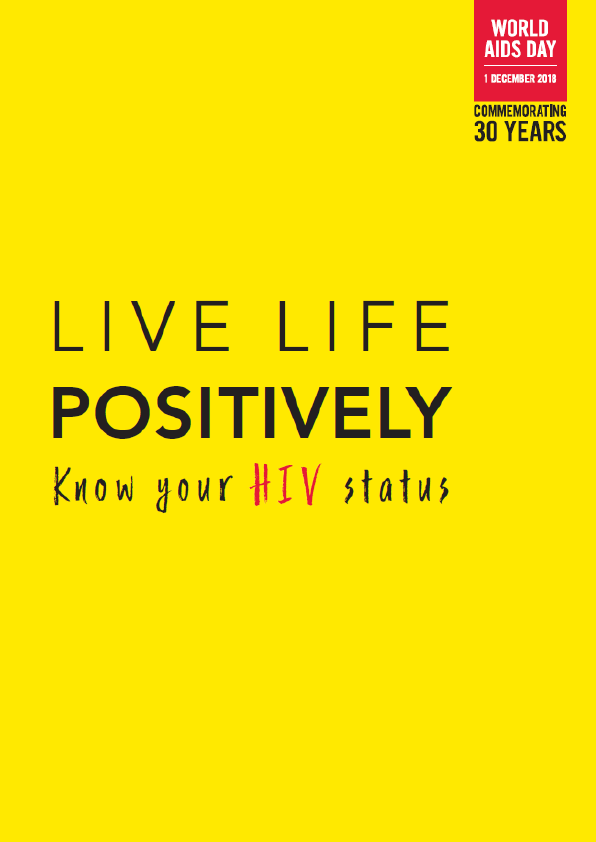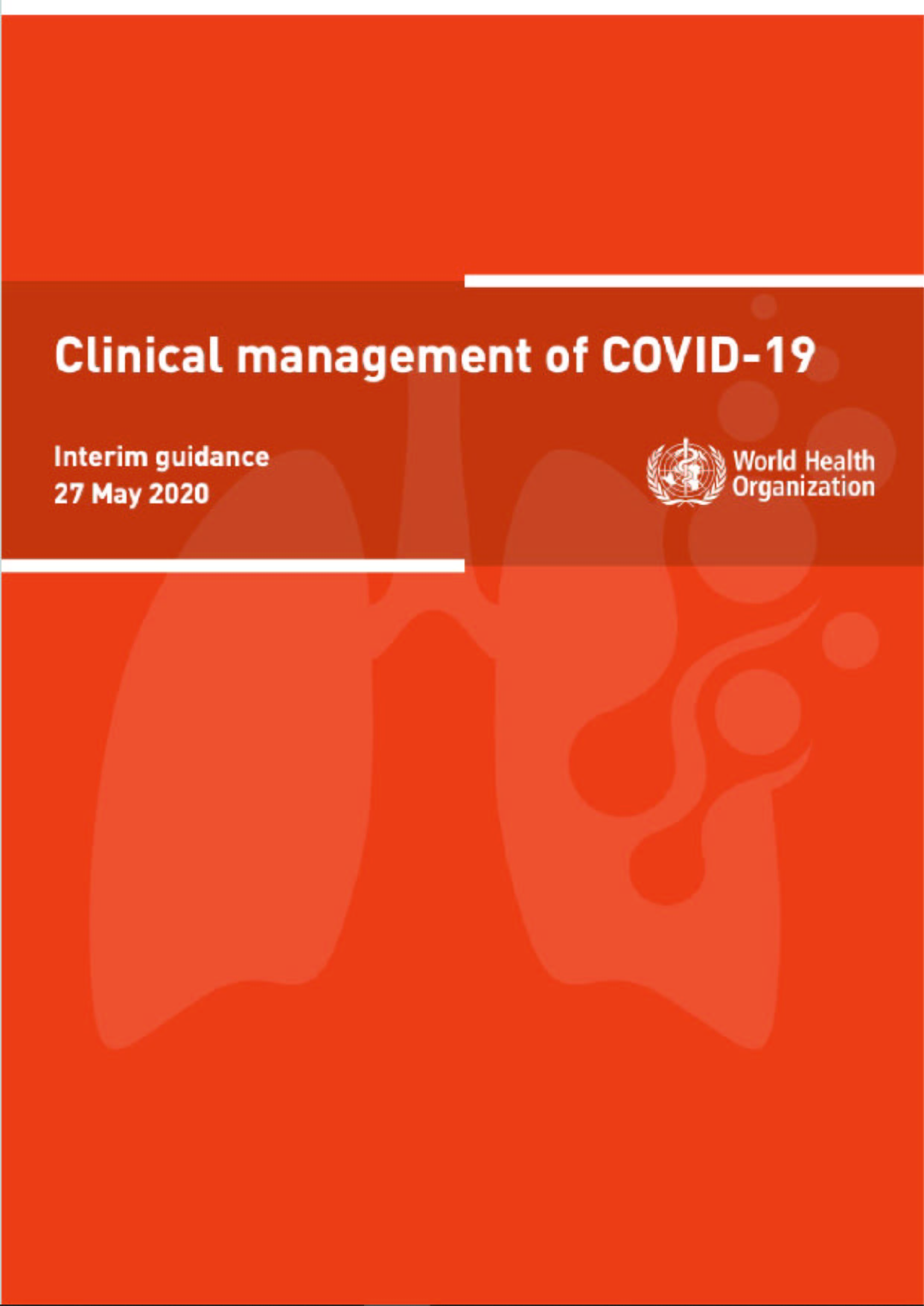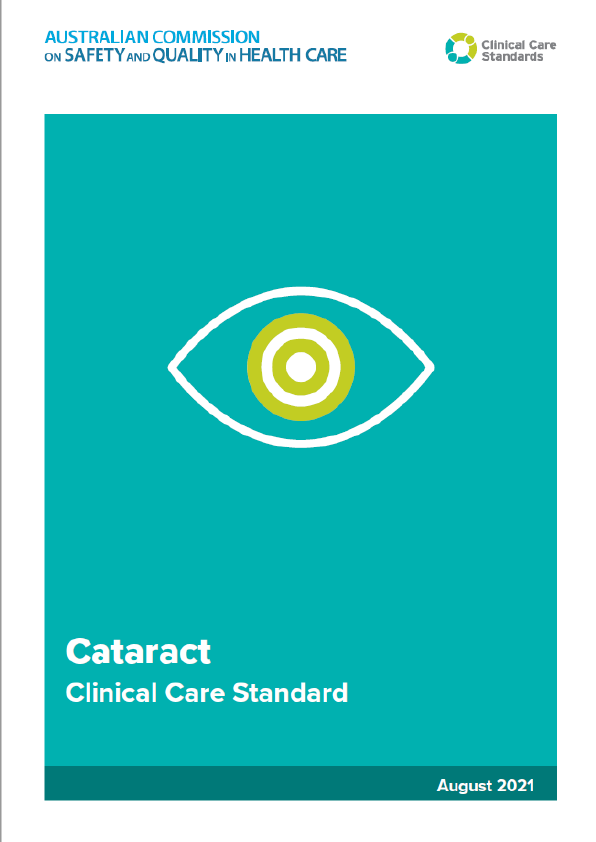The health sector represents a large and growing share of the global economy. In 2017, the world spent US$ 7.8 trillion on health, representing almost 10% of global gross domestic product (GDP). Across all income levels, between 2000 and 2017 health spending grew at an average of 6% faster than the GDP. As a result, health is considered one of the drivers of economic growth with the expectation that, due to countries scaling up universal health coverage (UHC) programmes, 80 million additional jobs would be added within the sector and an additional 2–4% GDP growth would be added to low- and middle-income countries.
Despite economic growth and rising health expenditure, improvement in service coverage has slowed. According to the World Health Organization (WHO) monitoring report for UHC in 2019, service coverage growth peaked in 2006 and has been decreasing since, despite the increases in health expenditure. As health care costs increase and populations age, health budgets are increasingly stretched across multiple competing needs. There is an urgent need to ensure that the increased expenditure is spent efficiently and effectively in order to ensure that service coverage can continue to increase.
Creating value for money through priority setting processes to support decision-making for health benefit packages and other policy decisions is one of the key processes through which efficiency in health spending has been pursued. Value for money is generally quantified by the application of an economic evaluation methodology, such as cost-effectiveness analysis. However, value for money in the decision-making process alone is not sufficient to ensure that the anticipated value is seen at the service delivery level.
A broad and comprehensive definition of value-based health services (VBHS) requires a deeper understanding of what patients, families, health professionals, communities and societies as a whole value most in relation to health care. To genuinely understand value, there is a need to shift the focus away from “what is the matter with people” to “what matters to people”, placing people at the centre of care. VBHS encompass a range of considerations beyond only considering value for money in selection processes, by making sure that this estimated value is passed on to patients and corresponds to their interpretation of value. This could include ensuring health improvement at the patient level, responsiveness of the health system to patient needs, financial protection, efficiency and equity.
Strategic choices that align benefit package selection processes with value for money as core considerations and strategic purchasing policy instruments could drive high quality integrated people-centered health services (IPCHS). This shift from value for money alone to VBHS is fundamental to achieving the UHC objectives of quality health care, financial protection and equitable access to health services.
At present, many low- and middle-income countries face political, institutional and technical challenges to improving the way they make decisions about what to purchase, and how they purchase health services. New developments (e.g. new health technologies, new priorities, changes in provider behaviour or greater availability of data) continually emerge, requiring the adaptation of selected health benefit packages and purchasing arrangements.
This policy brief presents a framework for VBHS that links the policy instruments of value for money in health benefit package selection processes and strategic purchasing to enable IPCHS approaches. The latter reflects a high-performing service delivery function that is reflected in indicators of equity, access and quality, among others.
